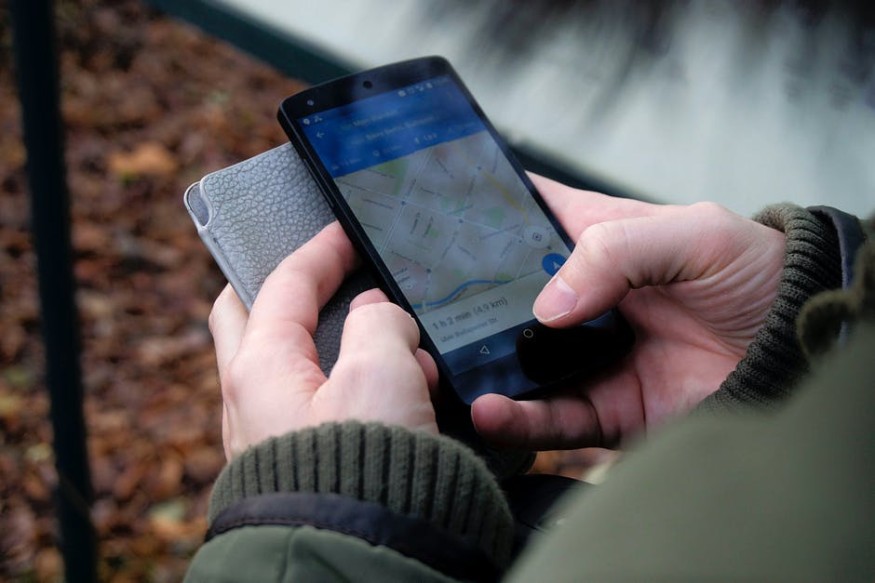
Apple and Google, the world's largest technology giants, and will collaborate to help authorities in tracking the coronavirus using Bluetooth technology.
The collaboration will work on a platform to enable contact tracing, a measure that identifies people exposed to the virus and who they have been in contact with, the companies announced Friday.
Contact tracing has been identified by authorities around the world as vital in curbing the rapid spread of coronavirus. Several governments such as Israel, Thailand, and Hongkong have been maximizing technology to track exposure and impose quarantine. Some companies in the U.S. also used location tracking technology to track spring breakers who defied social distancing warnings in Florida. Facebook and Google confirmed last month that they may be using the cellphone location data to help track the virus.
How does this Apple-Google collaboration work?
In an article published by The Verge, Apple and Google will build an automated contact-tracing system. Since it is from Silicon Valley giants, some of this functionality will be built at an OS-level, thus making the contact-tracing possible to more than three billion phones around the world.
Essentially, the system works such that a user's phone allows other phones found nearby to log via Bluetooth. As long as the system is operational, the user phone will periodically "blast a small, unique and anonymous piece of code from the user phone's ID." Other phones in the same range will receive and remember the said code, thereby establishing a log of codes it has received. When another person using the system gets a positive diagnosis and they submit their ID code to a central database, a local scan will run to see whether any of the codes in the user's log matches with IDs the central database. If there is a match, the phone will signal an alert that the user has been exposed.
According to The Verge, who submits the diagnosis is not yet clear as of this point. It is assumed that only legitimate health care providers will be able to submit the diagnosis to ensure the authenticity of the diagnosis alerts.
This new system will maximize the use of the BLE Beacon System that has been in use for years, but modified to swap codes between phones.
The first part of the project, which is targeted to finish by the middle of May will build a system of official public health apps that will send out BLE signals in the background. The apps will be developed by state-level health agencies. The agencies will make important decisions such as how to notify users and what to recommend if the person has been exposed.
For those who are wary of the new system, Apple and Google assure that participation is voluntary. The Verge recommends that if the update of the operating system happens this summer, do not enable the 'contact tracing' feature.
Privacy Issues
Contact tracing has been flagged as a concern by privacy advocates and experts all over the world, raising fears that it could potentially be used as a surveillance tool once the coronavirus pandemic is contained. Some experts even doubt the effectiveness of Bluetooth-enabled contact tracing.
The two Silicon Valley Giants assuaged these fears saying that privacy will be central to their contact tracing efforts. Explicit consent will have to be provided by the user for the platform to work, and no information that can be used to identify individual users will be collected, the two companies assured. "Privacy, transparency, and consent are of utmost importance in this effort," the companies said in their statement.
© 2025 NatureWorldNews.com All rights reserved. Do not reproduce without permission.





